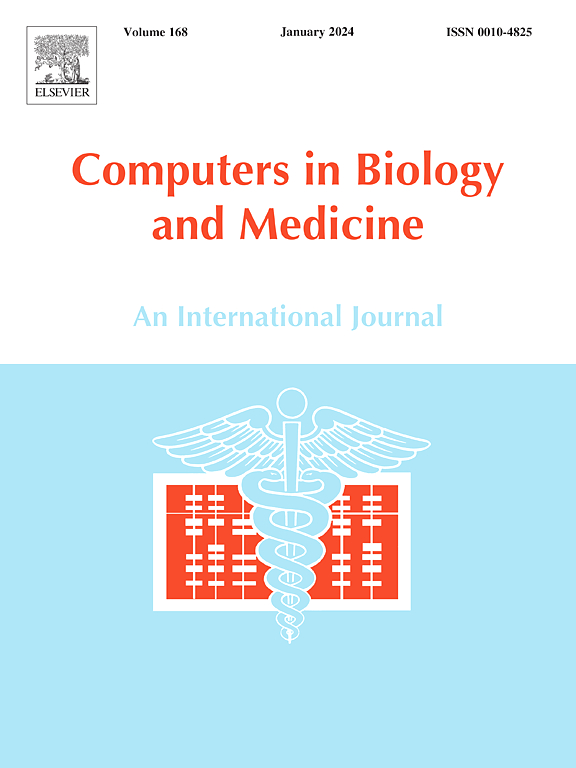S4Sleep: Elucidating the design space of deep-learning-based sleep stage classification models
IF 7
2区 医学
Q1 BIOLOGY
引用次数: 0
Abstract
Machine-learning-based automatic sleep stage scoring is a promising approach to enhance the time-consuming manual annotation process of polysomnography recordings. Although numerous algorithms have been proposed for this purpose, systematic exploration of architectural design decisions remains limited. This study conducts a comprehensive investigation into these design choices within the broad category of encoder–predictor architectures. The methodology identifies robust architectures applicable to both time series and spectrogram input representations, both of which leverage structured state space models as integral components. Without further hyperparameter adjustments, the proposed models S4Sleep(spec) and S4Sleep(ts) consistently surpass all existing approaches on the most commonly used benchmark datasets: Sleep EDF, the Montreal Archive of Sleep Studies, and, most notably, the extensive Sleep Heart Health Study dataset. The architectural insights derived from this research, along with the refined methodology for architecture search demonstrated herein, are expected to not only advance future research in sleep staging but also be beneficial for other time series annotation tasks.

基于机器学习的自动睡眠阶段评分法是一种很有前途的方法,可改进耗时的多导睡眠图记录人工标注过程。虽然为此提出了许多算法,但对架构设计决策的系统探索仍然有限。本研究在编码器-预测器架构的大类中对这些设计选择进行了全面调查。该方法确定了适用于时间序列和频谱输入表示的稳健架构,这两种架构都利用结构化状态空间模型作为不可分割的组成部分。在不进一步调整超参数的情况下,所提出的模型 S4Sleep(spec) 和 S4Sleep(ts) 在最常用的基准数据集上始终超越所有现有方法:这些数据集包括:Sleep EDF、蒙特利尔睡眠研究档案,以及最著名的广泛睡眠心脏健康研究数据集。从这项研究中获得的结构洞察力以及本文展示的结构搜索改进方法,不仅有望推动睡眠分期领域的未来研究,还将有益于其他时间序列标注任务。
本文章由计算机程序翻译,如有差异,请以英文原文为准。
求助全文
约1分钟内获得全文
求助全文
来源期刊

Computers in biology and medicine
工程技术-工程:生物医学
CiteScore
11.70
自引率
10.40%
发文量
1086
审稿时长
74 days
期刊介绍:
Computers in Biology and Medicine is an international forum for sharing groundbreaking advancements in the use of computers in bioscience and medicine. This journal serves as a medium for communicating essential research, instruction, ideas, and information regarding the rapidly evolving field of computer applications in these domains. By encouraging the exchange of knowledge, we aim to facilitate progress and innovation in the utilization of computers in biology and medicine.
 求助内容:
求助内容: 应助结果提醒方式:
应助结果提醒方式:


